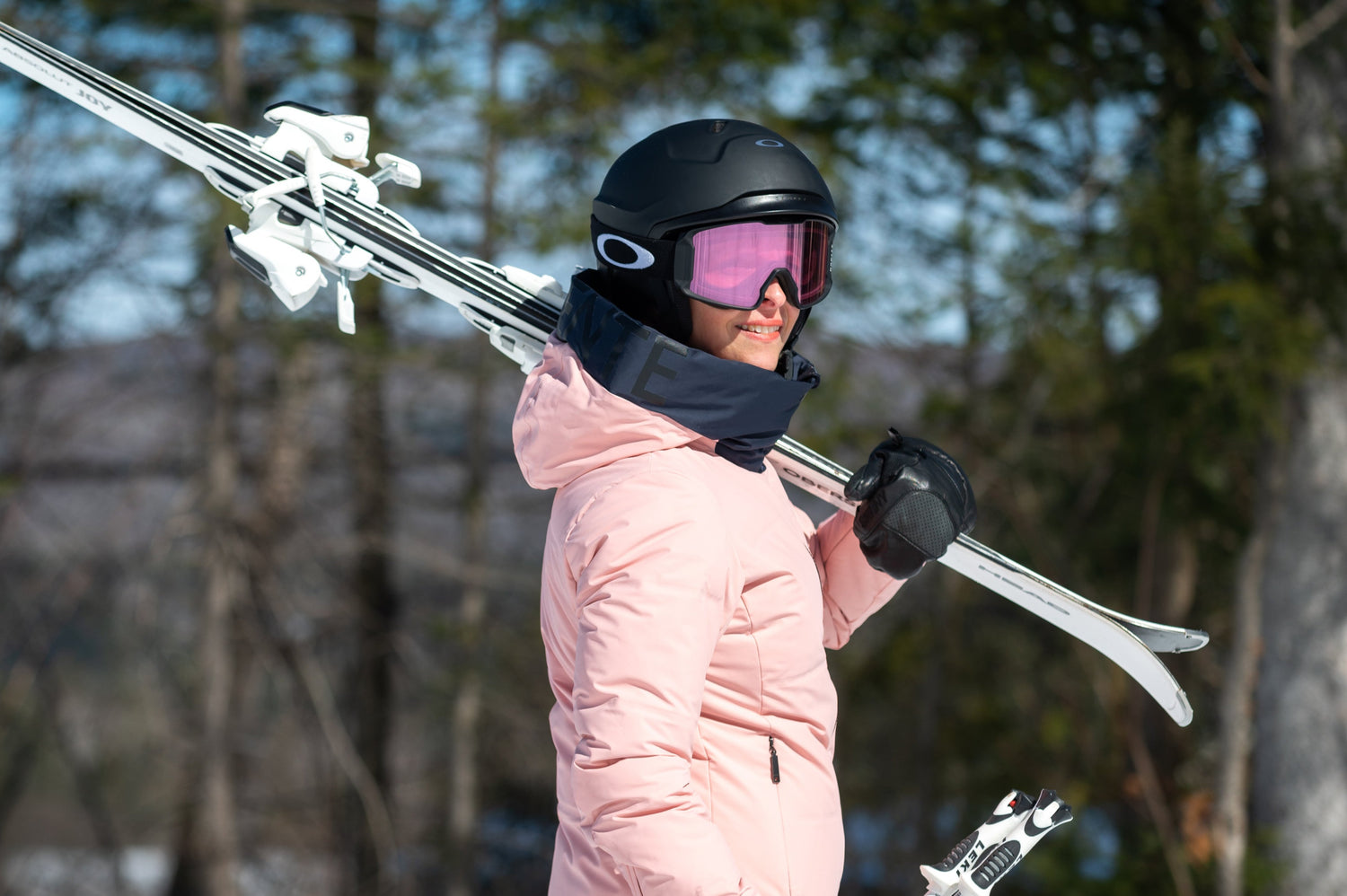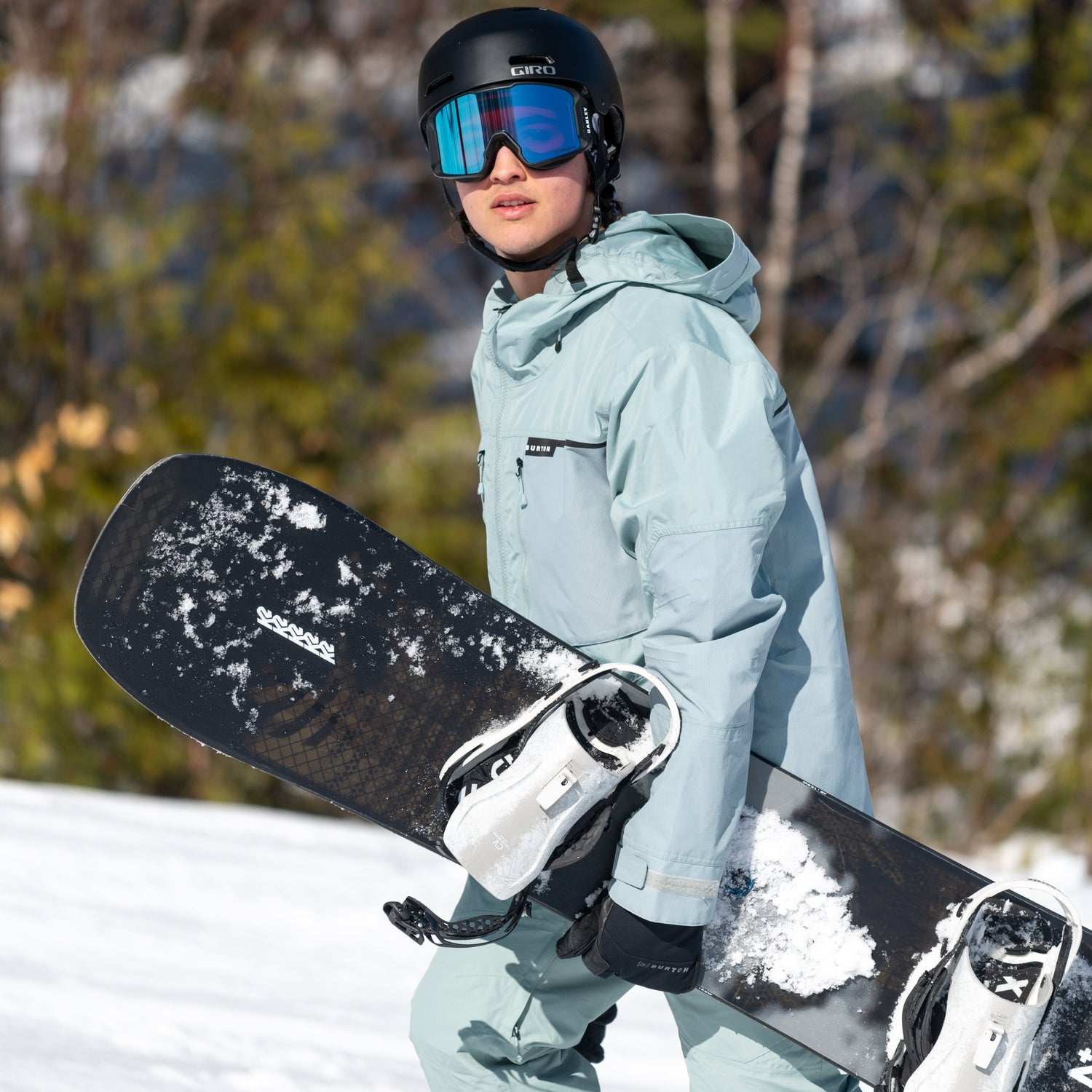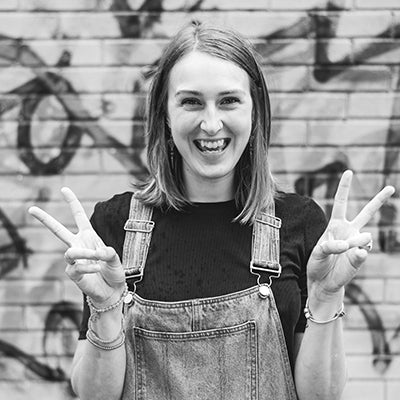Profile of Frédérique Poulin
_____________________________
Friday morning, April 1. Winter is lingering this year. I’ve just greeted the day with a fun backcountry ski outing among girlfriends. That’s fitting because today at 11:00 a.m. I’m meeting an outdoor enthusiast who, like me, shares a strong sense of belonging to the outdoor community, a group where women are still underrepresented.
Frédérique Poulin is friendly and somewhat reserved when it comes to talking about herself and her career. Given the trainings she has taken, I was expecting to meet a ski guide. Currently a professor at the CEGEP de Gaspé in the Adventure Tourism technical program, she has a background that’s a bit different from that of her colleagues. That’s what’s so interesting, inspiring and intriguing.
The outdoors has always been part of her life. That family tradition led her to take a complementary course during her time at CEGEP: an eighteen-day outdoor expedition combining many disciplines, such as running, canoeing and hiking, among other activities. What were her impressions once she had completed it? “Mind-blowing!” In fact, the experience led her to enroll in the bachelor’s degree program in outdoor interventions at the Université du Québec à Chicoutimi.

Working for the Outdoors Behind the Scenes
After she graduated, her future slowly took shape. Although she thought she was heading toward a job as a guide, she ended up joining the Pink Water team, a female community of white-water kayakers. That was when behind-the-scenes professions in managing and coordinating events in the outdoors industry opened up to her.
Now, with a master’s in project management, Frédérique spends her summers travelling in Western Canada, where she runs an outdoor leadership program for Canadian Army cadets. While there, she has met many guides who are members of the Association of Canadian Mountain Guides (ACMG). She has been able to learn from them and discuss their experiences and careers. These interactions made her realize that “if I wanted to grow in my field, I needed a better understanding of everyday life in the field. That meant I needed to get back out there and deepen my knowledge.” With her experience, jobs focused on risk management and many ski tours on Gaspésie’s peaks in recent winters, taking an avalanche operations training was a clear choice.
Thanks to her background, she distinguished herself and met the challenge of completing the training. Her determination led her to finish the course with the highest mark and win the Alexandra Oberson Scholarship. The seven-day training is very physically, mentally and financially demanding. The incentive of a scholarship that gives extra encouragement to the next generation of women in the outdoor industry is a tremendous source of motivation.
A Still Too Masculine Environment
Although she has always been around people with an egalitarian vision of gender roles both during her studies and in her workplaces, the young woman has observed some sexist behaviour and comments in the field: “it’s so rooted in the culture that it’s often quite ingenuous. However, as soon as it’s addressed, people realize it. The outdoors remains a male-dominated environment, so there are certain beliefs that cause women to be taken less seriously and lack support.” According to her, as women we should believe in our abilities and not put barriers in front of ourselves. Imposter syndrome is still too present.
The idea of having a female mentor to connect with, be inspired by and learn from is a great solution to evolve and make your mark. During her studies, she was fortunate to have outstanding female role models. Frédérique stresses that “you shouldn’t hesitate to contact someone who inspires you, because you never know where it can lead.” That’s partly why the Alexandra Oberson Scholarship exists—to give visibility to women, who are unfortunately underrepresented, and inspire others to get involved in the industry.
Mentorship, communities, women’s groups in the outdoor industry, all these women’s initiatives create so many opportunities for growth and achievement. The more programs encourage and support them by making the outdoors accessible, the more women will go for it with total confidence.




